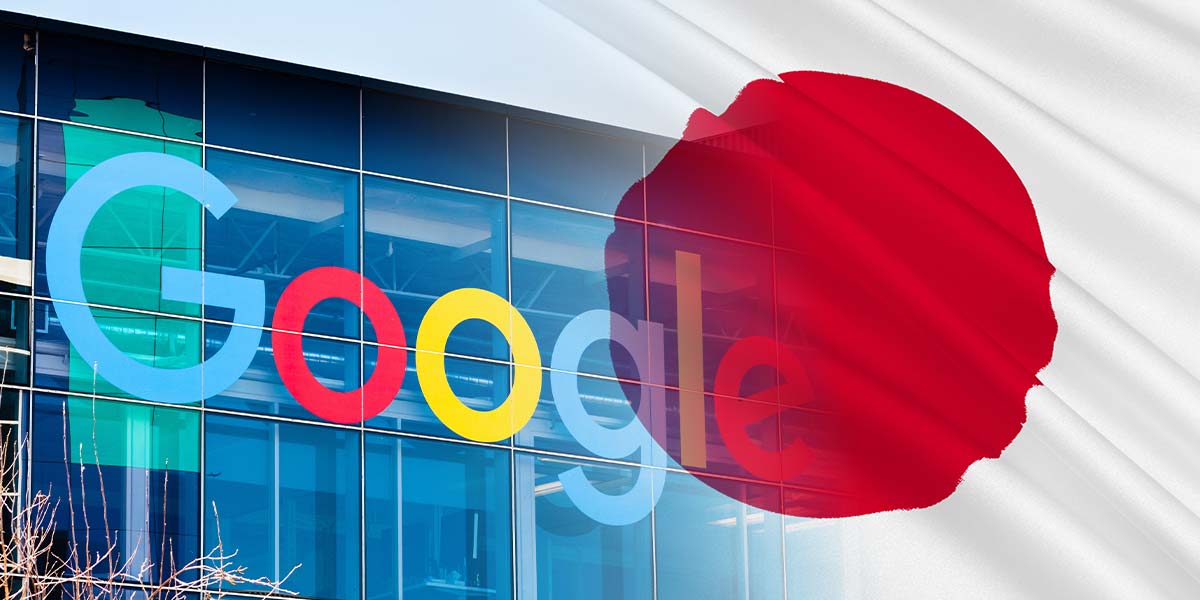On Tuesday, the Japan Fair Trade Commission (JFTC) issued a cease-and-desist order against Google, accusing it of engaging in unfair trade practices related to search services on Android devices. This action aligns Japan with ongoing regulatory scrutiny of major tech firms in both the U.K. and the U.S.
According to the JFTC, Google breached Japan’s anti-monopoly law by obligating Android device manufacturers, like Samsung and Lenovo, to prioritize its own search apps and services through their licensing agreements.
The JFTC found that Google used these agreements to mandate that manufacturers preinstall and prominently feature Google Search and Chrome. As of December 2024, at least six such agreements were in place with Android manufacturers.
Furthermore, the commission noted that Google’s advertising revenue-sharing model required these manufacturers to exclude competing search services.
Japan’s anti-monopoly laws prohibit businesses from enforcing trade terms that unfairly restrict transaction partners. The JFTC first announced its investigation into Google’s practices on October 23, 2023, and by April 2024, Google had proposed a commitment plan to address certain anti-competitive concerns.
This cease-and-desist order marks a significant step for the Japanese government, representing its first such action against a major U.S. tech firm and highlighting a tougher regulatory approach. The decision also mirrors global trends of heightened scrutiny of Google’s market practices.
The JFTC’s probe was coordinated with other international competition authorities familiar with Google’s conduct.
Last year, a federal U.S. judge found Google guilty of maintaining an illegal monopoly in the search market through exclusive arrangements on both Android and Apple devices. Simultaneously, the U.K. launched an investigation into Google’s search services following the introduction of new competition regulations.
The JFTC’s directive orders Google to cease mandating the installation and prominent display of its services on smartphones. Additionally, it requires the company to ease restrictive conditions associated with advertising revenue distribution, thus allowing manufacturers to select from a broader range of options.
Google has also been instructed to appoint an independent third party to oversee its compliance with the order over the next five years, reporting directly to the JFTC.





